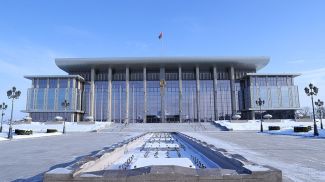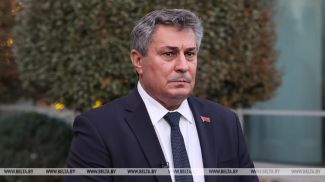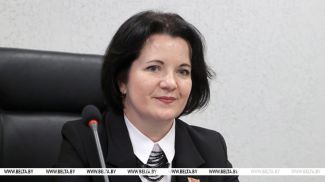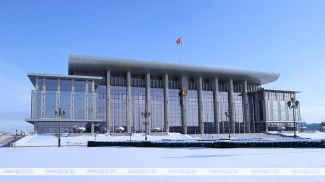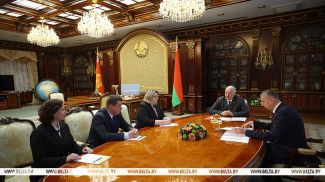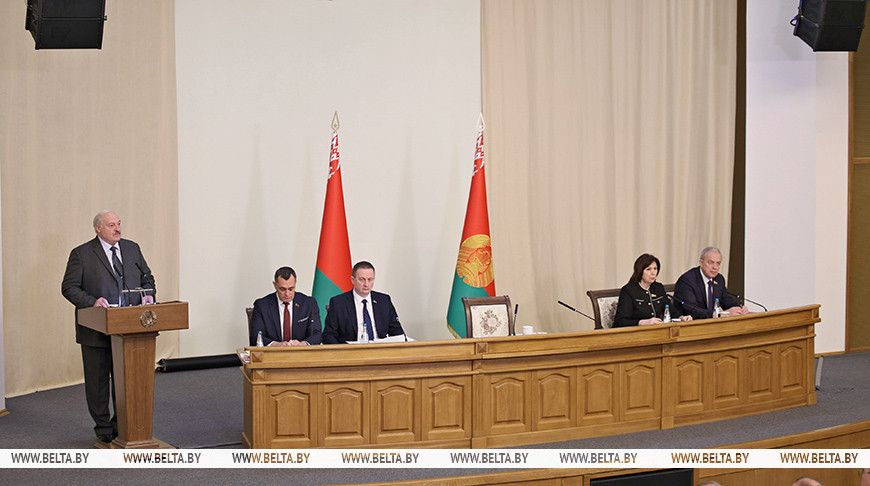
VITEBSK, 24 October (BelTA) – Summarizing the outcomes of the meeting in Vitebsk on the region's development on 24 October, Belarusian President Aleksandr Lukashenko outlined his position on what Vitebsk Oblast can expect in terms of state assistance, BelTA has learned.
During the meeting, and taking into account the severe criticism voiced by the head of state, Vitebsk Oblast Governor Aleksandr Subbotin presented proposals for the Vitebsk Oblast's development plans up to 2030. These included key projects and areas intended to help achieve the desired outcome, namely a significant increase in the gross regional product, budget revenues, and real wages. The proposals were not limited to the development of agriculture and the industrial sector; they also included initiatives to boost tourism and improve the transport and logistics sector. The governor suggested including a number of road and bridge construction projects in state programs.
Regarding the construction of road infrastructure, Aleksandr Lukashenko agreed that work was needed in this area but immediately cautioned that Vitebsk Oblast is not the only one in the country, and that the requests of other regions must also be considered when allocating funds.
Speaking about the plans until 2030, the president stated that it is necessary not just to list the planned targets, but to outline them year by year so that the process of fulfilling the promises can be monitored.
“Break it down evenly by year. Once you deliver, you get the support. If you fail to deliver, you will be held accountable to the fullest extent. So first, give us the result you promised, and then you'll receive assistance. Maybe we'll even give you more. I will find ways, I will use reserves. If you do not deliver, you'll be held accountable to the absolute limit. No excuses. This can't be a ‘wishlist’; it has to be quantified and it has to be binding,” said the head of state.
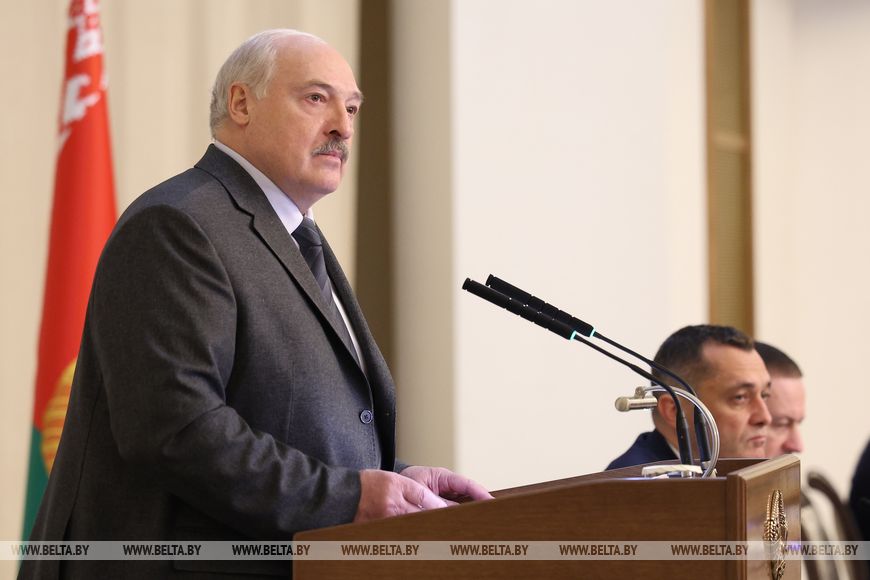
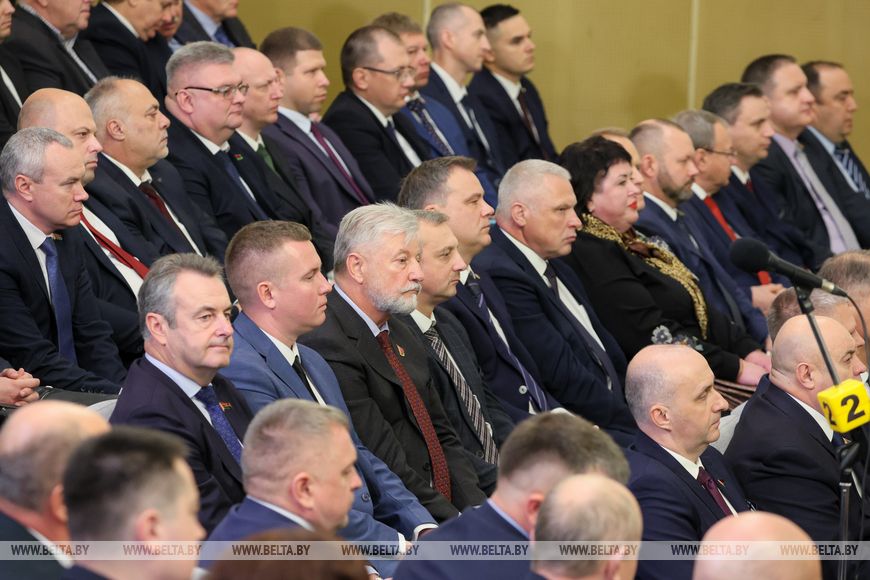
Aleksandr Lukashenko emphasized once again that he is ready to consider various requests and appeals from the region, but that everything depends on the results of the region's development.
“Today, everyone must pull together and do a good deed. If we pull up Vitebsk Oblast, then Mogilev Oblast and Gomel Oblast will have no choice but to follow,” Aleksandr Lukashenko said. “We will turn Vitebsk Oblast inside out. You will receive financial support, some organizational support, and other kinds only when you convince the government, and they convince me. Then I will agree to it. If not, I won't lift a finger.”
“If you want to live and work on your land, on Vitebsk land, and you want help, I am always ready. I am ready to stand with you and work together. If not, then there will be harsh accountability. To put it bluntly: live, earn, divide it up, pay taxes (there will be no benefits), take it, divide it. Only this way. This is where we are headed. I suggest you prepare to be held strictly accountable,” the president warned.
The head of state reiterated the need to quickly establish order and “polish” everything necessary in Vitebsk Oblast - from collective farms to enterprises, wherever it is required.
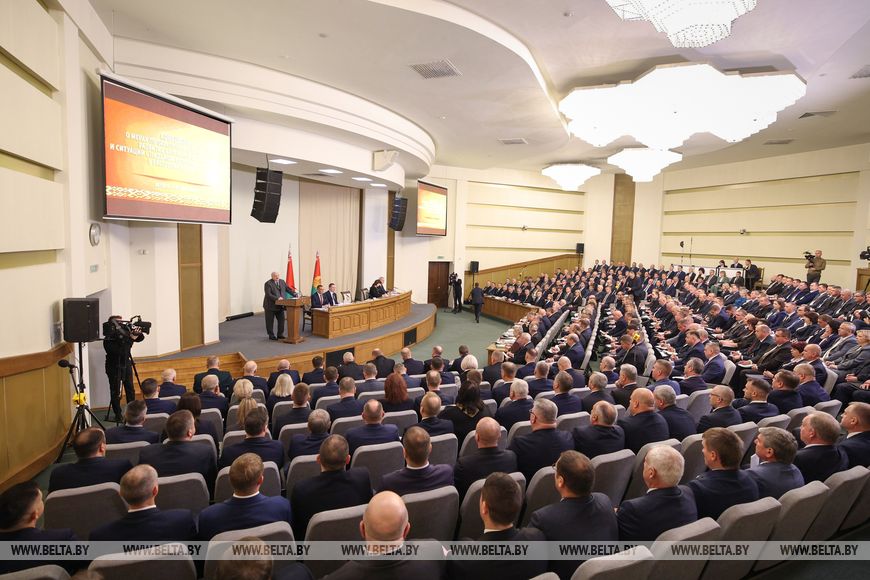
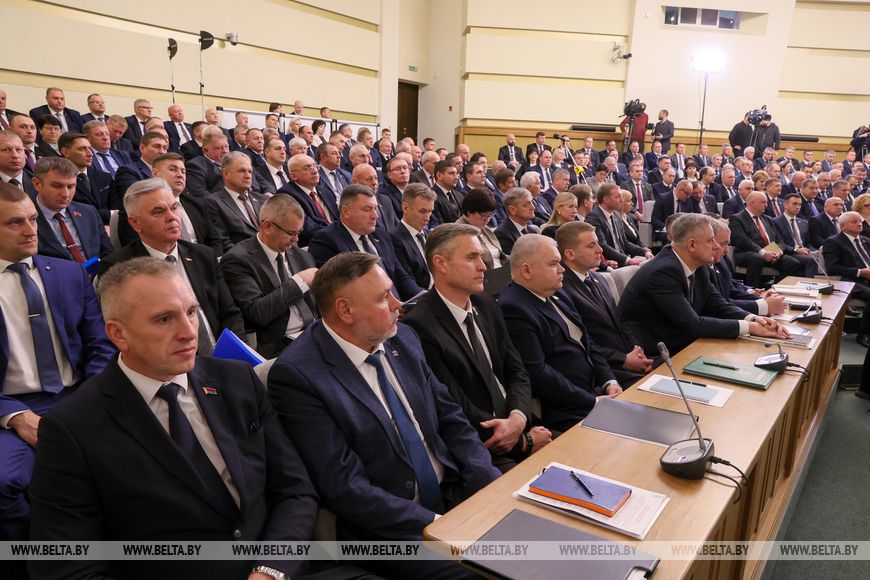
“The pressure will be immense. Everything must be fulfilled. And don't push it off to 2030,” the Belarusian leader said.
Regarding the work of the agro-industrial associations created earlier, the president refrained from giving any final assessment for now. “I didn't see anything wrong with it back then. I don't see it now either. It just needs to be adjusted to fit the raw material zones,” the president said.
“We must monopolize all procurement for agriculture. Especially from external sources. And monitor everything strictly. There should be no excessive profitability there,” the head of state instructed. “It's cheaper than having everyone import separately and compete with each other. We know this from other areas.”
Another directive was to eliminate all sorts of unnecessary intermediary structures. He personally assigned Aleksandr Kosinets to handle this matter.
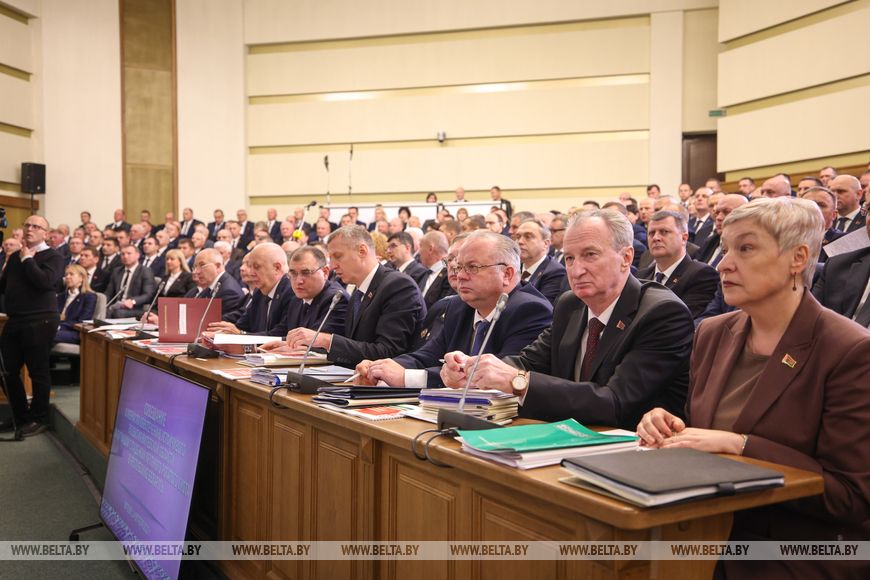
The head of state also demanded the elimination of bureaucratic requirements and obstacles that prevent local managers from achieving their goals. For instance, regarding the construction of certain agricultural facilities, where excessive requirements exist.
The meeting with the head of state lasted for more than five hours. The participants discussed in detail all the problematic issues and shortcomings present in the region. Currently, many social and economic development targets are not being met, and there is a downturn in key industries.
Another important topic of the meeting was the measures required to overcome the problem of livestock mortality. This issue was considered on a nationwide scale.
The situation was reported in detail by Head of the Belarusian Statistical Committee Inna Medvedeva, Chairman of the State Control Committee Vasily Gerasimov and Prosecutor General Andrei Shved.
After hearing from the speakers of the “critical block”, the discussion moved on to the measures necessary to rectify the situation. Deputy Prime Minister Yuri Shuleiko spoke on the problem of cattle mortality.
Heads of the Belarusian Parliament houses Natalya Kochanova and Igor Sergeyenko outlined their assessment of the situation. The latter also serves as the president's authorized representative in Vitebsk Oblast.
The opinions of former Vitebsk Oblast governors Aleksandr Kosinets and Nikolai Sherstnev, as well as the heads of a number of enterprises, were also heard.




